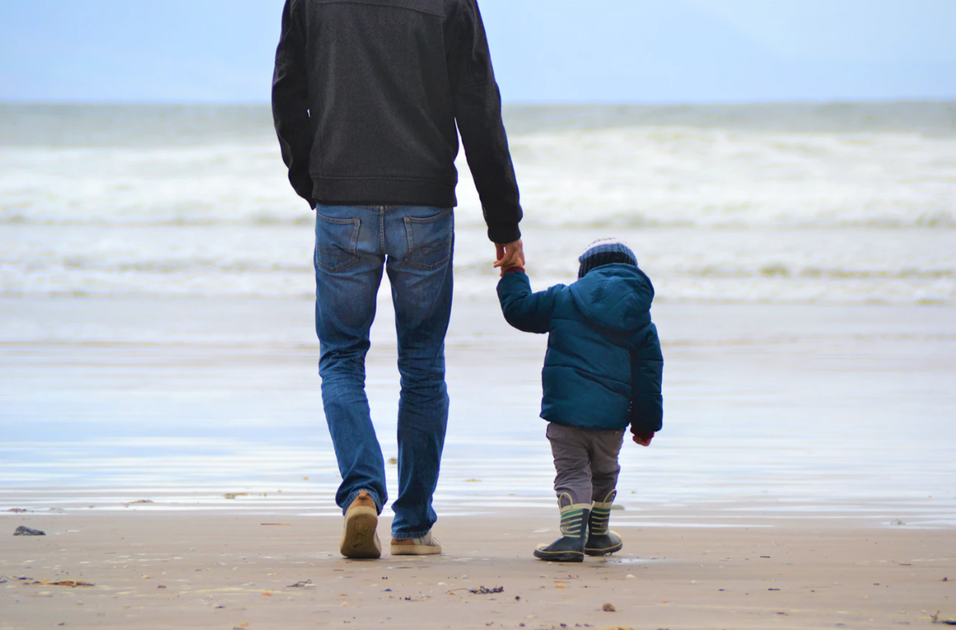
By: Pamela Siller
What is a relationship?
A relationship is defined as the way in which two or more people behave towards each other. Most of us relate to multitudes of people—consisting of all ages, races, creeds, roles, and socio-economic stations—during our daily lives. Just as no two people are alike, no two relationships are exactly the same.
When asked what constitutes a positive or healthy relationship, many adjectives can apply: loyalty, trustworthiness, fun, openness, sincerity, awareness, generosity, faithfulness, reliability, kindness, love… etc.
Like Rome, relationships are not built overnight. Many take a lifetime.
In the beginning, an infant cannot distinguish between their mother and themselves (Symbiosis). As they mature, their self-awareness grows as does their independence. Toddlers are known for expanding their horizons but constantly check to make sure that their parental figure is still present (Rapprochement). If any early stage is interrupted, future attachments may be impacted.
School age children learn the fundamentals of interpersonal friendships and societal norms as well as develop notions of fairness and equality. These solidify as the youngster grows and the peer group plays an expanding role.
With the onset of the teenage years, romantic relationships and a bid for further independence predominate.
How an individual navigates throughout the tangled web of interpersonal relationships incorporates both their life experiences and learned behaviors. Unfortunately, some people are more vulnerable and can fall prey to abuse, neglect, or violence.
How to build a healthy relationship?
A healthy relationship needs a strong foundation of acceptance and unconditional love. The bond between a parent and child is usually (but not always) innate, while the connection between romantic partners needs to be built. Mutual respect and consideration of the other’s point of view, as well as differing life experiences, becomes fundamental during the inevitable disagreements and differences of opinion. The expression of anger and manner of apology can be the determining factors in the success of a relationship. Perhaps most importantly, a person must feel comfortable within themselves before they can build a relationship with another person.
Signs of a healthy relationship
Balance is a key aspect in all facets of life. Any relationship which becomes all-consuming or isolative can quickly become dangerous. Love should never be physically painful or emotionally damaging. All people are entitled to a home where they feel safe, both in mind and body. Disagreements should be solved by compromise without excessive guilt. If one party always acquiesces, it leads to inequality. Responsibilities are best shared, taking account of the strengths of each in the delineation. Communication and openness in heart and mind, with appropriate accountability, is essential.
When a relationship ends
Every person who enters into one’s life comes for a reason, for a season, or for a lifetime. Some will leave abruptly; others will gradually drift away. When a friend or loved one is lost, grief is often both inevitable and healthy. Those who have a strong network of support fare well as do those with a strong sense of self. However, vulnerability, emptiness, and sadness can predominate. When an individual suffers from pre-existing mental illness, a loss can be excruciating.
When does one need to seek help?
If an individual does not feel safe in their home, feels that their freedom is being impinged, or is subjected to verbal or physical aggression, outside assistance should be sought. If left unchecked, this can escalate into an abusive and dangerous situation.
If a relationship encounters a drastic or undesired change, counselling should be considered as an objective opinion and unbiased viewpoint can be invaluable.
If an individual’s grief and sadness does not abate after the loss of a relationship or if life no longer seems meaningful, immediate assistance should be found as depression can lead to suicide or death if not adequately addressed.
As human beings, we constantly seek socialization and meaningful relationships in many forms. Just as we as individuals evolve over time, so do our priorities, relationships, and sense of self. Of utmost importance is our mindfulness and understanding of ourselves as well as how we relate to those around us. Thus, we continue to cultivate and better the relationships that we make throughout our lives.
Pamela P. Siller, MD is a Board-Certified Child, Adolescent, and Adult Psychiatrist who provides medication management as well as individual and family therapy to children and adults. She maintains a private practice in Great Neck, New York. Dr. Siller is also the Director of Child and Adolescent Psychiatry at the Interborough Developmental and Consultation Center in Brooklyn and an Assistant Professor of Psychiatry at New York Medical College. She also provides psychiatric evaluations for the NYC Department of Education. Dr. Siller can be reached at 917-841-0663.
 Previous
Previous

